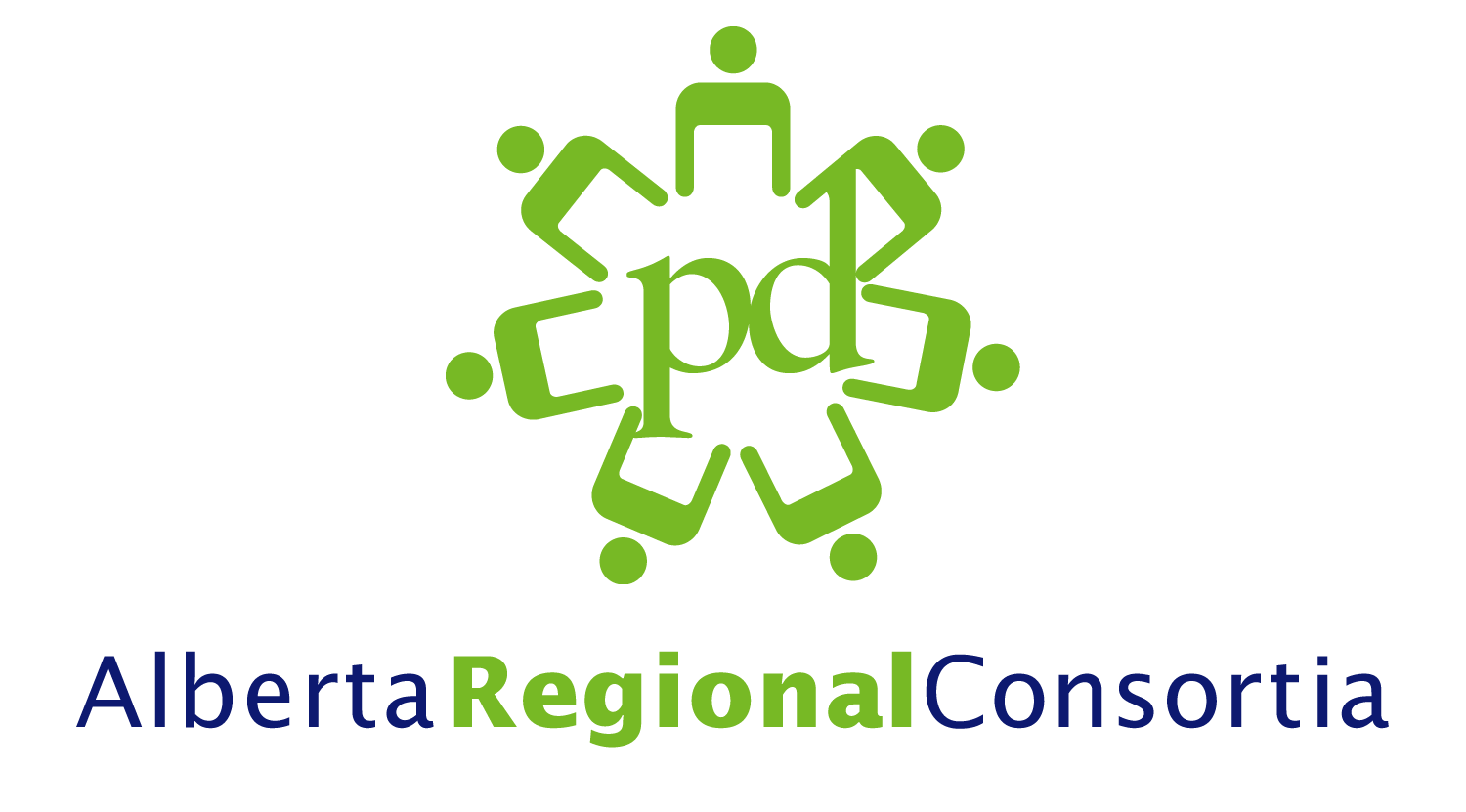Mathematics Vocabulary
Vocabulary used in mathematics k - 6
Currently sorted By last update ascending Sort chronologically: By last update
InequalityAn inequality is a mathematical sentence that shows the relationship between quantities that are not equal. The symbols used are "not equal to" (≠), "less than" (<), and "greater than" (>). (Learn Alberta) |
Mathematical Problem SolvingLearning through problem solving should be the focus of mathematics at all grade levels. When students encounter new situations and respond to questions of the type How would you …? or How could you …?, the problem-solving approach is being modelled. Students develop their own problem-solving strategies by listening to, discussing and trying different strategies. |
Mathematical Reasoningnote: this is emphasized in the Alberta Mathematics Program of Studies and talked about, but it is not explicitly defined in the Program of Studies. Mathematical reasoning helps students think logically and make sense of mathematics. Students need to develop confidence in their abilities to reason and justify their mathematical thinking. High-order questions challenge students to think and develop a sense of wonder about mathematics. It is difficult to articulate what exactly reasoning is but, drawing on the above, here are some suggestions about what we do when we reason:
This list is not exhaustive (University of Cambridge NRICH project)
|
